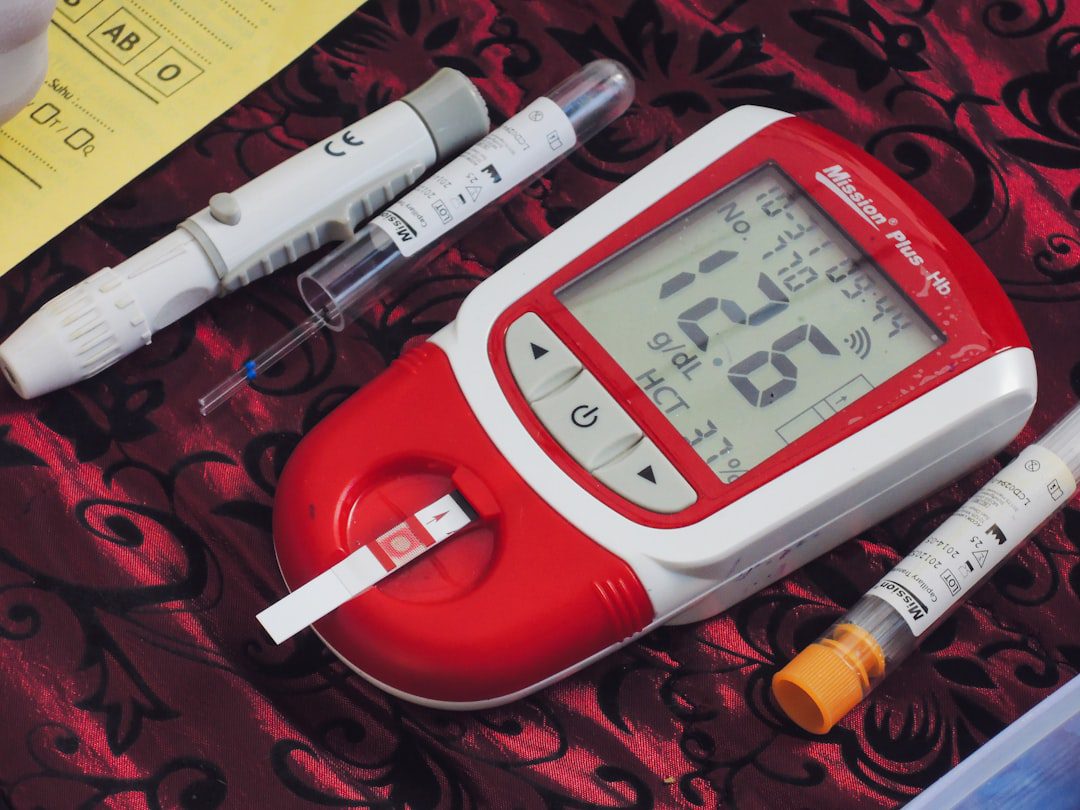
Critical Safety Alert: Boston Scientific Defibrillation Lead Under FDA Enhanced Surveillance
The FDA has issued an Early Alert regarding a defibrillation lead issue from Boston Scientific as part of its Communications Pilot to Enhance the Medical Device Recall Program. This alert represents a significant development in how the FDA is proactively communicating safety concerns to healthcare providers and patients before formal recall classifications are finalized.
Understanding the Enhanced Recall Communication Program
This Early Alert is part of the FDA’s pilot program designed to improve transparency and speed of communication during potential recall situations. The program aims to:
- Provide faster notification to healthcare providers and patients
- Enable earlier risk mitigation actions
- Enhance post-market surveillance effectiveness
- Improve overall patient safety outcomes
For medical device manufacturers, this pilot program signals the FDA’s commitment to more aggressive and transparent post-market surveillance, requiring companies to be more proactive in their safety monitoring and communication strategies.
Implications for Cardiovascular Device Manufacturers
Defibrillation leads are critical components of implantable cardioverter defibrillators (ICDs) and cardiac resynchronization therapy devices. Any safety issue with these devices can have life-threatening consequences, making this alert particularly significant for manufacturers in the cardiovascular space.
The involvement of Boston Scientific, a major player in the cardiac rhythm management market, underscores that even established manufacturers with robust quality systems can face serious safety issues requiring immediate attention.
Key Compliance Actions for Medical Device Manufacturers
Immediate Response Requirements
Medical device manufacturers should take the following immediate actions:
- Review your post-market surveillance systems: Ensure your complaint handling and adverse event reporting systems can identify safety signals quickly
- Assess communication protocols: Verify your ability to rapidly communicate with healthcare providers and patients when safety issues arise
- Evaluate similar products: If you manufacture similar cardiovascular devices, conduct a thorough review of your own products for comparable risks
- Update risk management files: Document this industry event in your ISO 14971 risk management files as part of post-market surveillance activities
Long-term Strategic Considerations
The Enhanced Recall Communication Program represents a shift toward more transparent and rapid FDA communication. Manufacturers should:
- Strengthen post-market surveillance: Invest in robust data collection and analysis systems to identify safety signals before they become critical issues
- Enhance complaint handling: Implement more sophisticated trend analysis capabilities in your complaint handling procedures per 21 CFR 820.198
- Prepare communication strategies: Develop templates and protocols for rapid customer and regulatory communication
- Review supplier controls: Ensure your supplier quality agreements include requirements for immediate notification of potential safety issues
Regulatory Context and Compliance Framework
This alert reflects the FDA’s enhanced focus on post-market surveillance under the Medical Device Safety Action Plan. Key regulatory considerations include:
- 21 CFR Part 806: Medical Device Reporting requirements for manufacturers
- 21 CFR Part 820.198: Complaint handling procedures
- ISO 13485: Post-market surveillance requirements
- ISO 14971: Risk management throughout product lifecycle
Industry Impact and Recommendations
This Early Alert serves as a reminder that the medical device industry operates under intense regulatory scrutiny, particularly for life-sustaining devices. Manufacturers should view this as an opportunity to:
- Benchmark their own safety monitoring systems against industry best practices
- Strengthen relationships with healthcare providers for better feedback collection
- Invest in predictive analytics for early safety signal detection
- Enhance cross-functional collaboration between quality, regulatory, and clinical teams
The FDA’s pilot program for enhanced communication demonstrates the agency’s commitment to patient safety and transparency. Manufacturers who adapt quickly to this new paradigm of faster, more transparent safety communication will be better positioned to maintain compliance and protect patients while minimizing business disruption.


No comments yet. Be the first to comment!